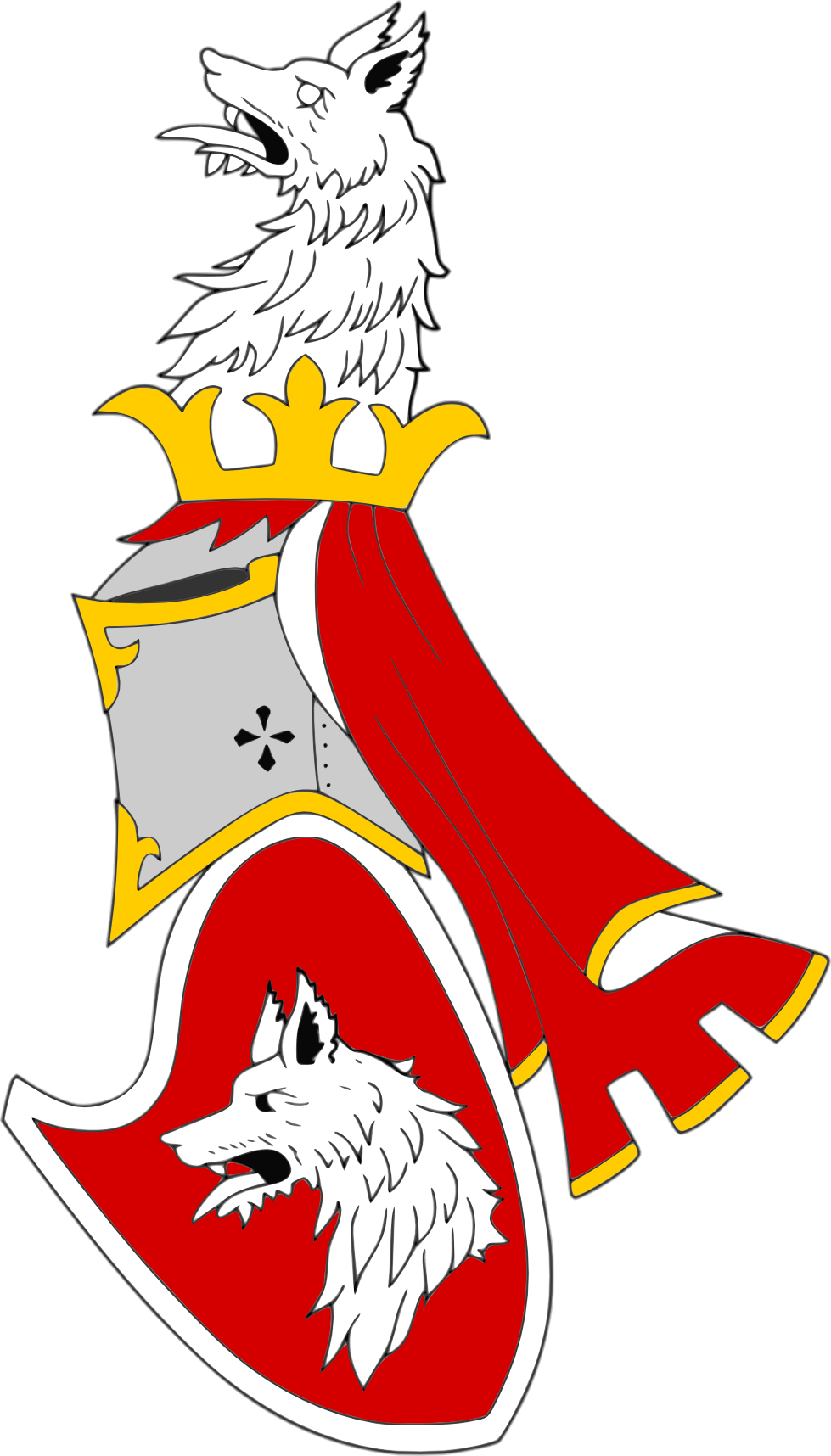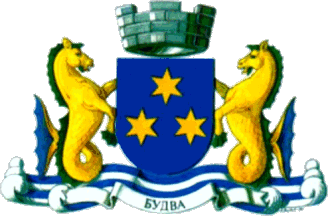|
Ruđina Balšić
}, ; 1396–1420) was a Zetan noblewoman and ruled upon today Montenegro and Albanian territory from the Balšić family. She married Mrkša Žarković and inherited his realm, the Principality of Valona, when he died in 1414. After unsuccessful negotiations to sell her duchy to the Venetians, the Ottomans captured it in 1417. Ruđina fled Valona to Zeta where she was governess of Budva from 1418. In 1420, during the Second Scutari War, she surrendered Budva to the Venetians without any resistance and moved to Dubrovnik with the town's treasury. Family and marriage Ruđina (or ''Rugina'', ''Rudina'') was the daughter of Balša II, the lord of Zeta (1378–85), and Komnena Asen daughter of John Komnenos Asen. In 1391 Ruđina married nobleman Mrkša Žarković. Their marriage was blessed by the Archbishop of Ohrid, although it was seen as noncanonical because they were close relatives. In 1397 she and her mother were given citizenship of the Republic of Ragusa. Duchess of ... [...More Info...] [...Related Items...] OR: [Wikipedia] [Google] [Baidu] |
Mrkša Žarković
Mrkša Žarković ( sr-cyr, Мркша Жарковић) was a Serbian nobleman who ruled the parts of today's southern Albania from 1396 to 1414. Life His father was Žarko, a leading nobleman in Zeta after Emperor Stefan Dušan's death, mentioned in June 1357 as Emperor Uroš's nobleman. Mrkša's mother was Teodora Dejanović, the daughter of Dejan, one of Stefan Dušan's magnates. In 1391, Mrkša married Ruđina Balšić, the daughter of Balša II, a lord in Zeta, and Komnina Asen, daughter of Jovan Asen. As a dowry Balša II received Valona, Berat, Kanina, and Himarë in the south of Albania. After Balša II's death in the Battle of Savra, his wife Komnina ruled over his territory until 1396, when she became a nun and gave her territories to son-in-law Mrkša. Mrkša became a ''Lord of Berat, Valona and Kanina''. Mrkša was able to hold his territories until his death in October 1414. After his death his wife Ruđina tried to transfer Mrkša's possessions to the Republic ... [...More Info...] [...Related Items...] OR: [Wikipedia] [Google] [Baidu] |
Archbishopric Of Ohrid
The Archbishopric of Ohrid, also known as the Bulgarian Archbishopric of Ohrid *T. Kamusella in The Politics of Language and Nationalism in Modern Central Europe, Springer, 2008, p. 276 *Aisling Lyon, Decentralisation and the Management of Ethnic Conflict: Lessons from the Republic of Macedonia, Routledge, 2015, p. 24 *R. Fraser, M. Hammond ed. Books Without Borders, Volume 1: The Cross-National Dimension in Print Culture, Springer, 2008, p. 41 *H. Cox, D. Hupchick, The Palgrave Concise Historical Atlas of Eastern Europe, Springer, 2016p. 67 *J. Rgen Nielsen, Jørgen S. Nielsen ed. Religion, Ethnicity and Contested Nationhood in the Former Ottoman Space, Brill, 2011,p. 234 *John Phillips, Macedonia: Warlords and Rebels in the Balkans, I.B.Tauris, 2004, p. 19 *Frederick F. Anscombe, State, Faith, and Nation in Ottoman and Post-Ottoman Lands, Cambridge University Press, 2014,p. 151 *D. Hupchick, The Balkans: From Constantinople to Communism, Springer, 2002, p. 67 *Chris Kostov, Cont ... [...More Info...] [...Related Items...] OR: [Wikipedia] [Google] [Baidu] |
Balšić Noble Family
The House of Balšić ( sr-Cyrl, Балшић), or the Balsha ( sq, Balshaj) was a noble family that ruled " Zeta and the coastlands" (southern Montenegro and northern Albania), from 1362 to 1421, during and after the fall of the Serbian Empire. Balša (), the founder, was a petty nobleman who held only one village during the rule of Emperor Dušan the Mighty (r. 1331–1355), and only after the death of the emperor, his three sons gained power in Lower Zeta after acquiring the lands of ''gospodin'' Žarko ( fl. 1336–1360) under unclear circumstances, and they then expanded into Upper Zeta by murdering ''voivode'' and ''čelnik'' Đuraš Ilijić (r. 1326–1362†). Nevertheless, they were acknowledged as ''oblastni gospodari'' of Zeta in edicts of Emperor Uroš the Weak (r. 1355–1371). After the death of Uroš (1371), the family feuded with the Mrnjavčevići, who controlled Macedonia. In 1421, Balša III, on his death, passed the rule of Zeta to his uncle, Despot Stefan ... [...More Info...] [...Related Items...] OR: [Wikipedia] [Google] [Baidu] |
Dubrovnik
Dubrovnik (), historically known as Ragusa (; see notes on naming), is a city on the Adriatic Sea in the region of Dalmatia, in the southeastern semi-exclave of Croatia. It is one of the most prominent tourist destinations in the Mediterranean, a seaport and the centre of the Dubrovnik-Neretva County. Its total population is 42,615 (2011 census). In 1979, the city of Dubrovnik was added to the UNESCO list of World Heritage Sites in recognition of its outstanding medieval architecture and fortified old town. The history of the city probably dates back to the 7th century, when the town known as was founded by refugees from Epidaurum (). It was under the protection of the Byzantine Empire and later under the sovereignty of the Republic of Venice. Between the 14th and 19th centuries, Dubrovnik ruled itself as a free state. The prosperity of the city was historically based on maritime trade; as the capital of the maritime Republic of Ragusa, it achieved a high level of develo ... [...More Info...] [...Related Items...] OR: [Wikipedia] [Google] [Baidu] |
Budva
Budva ( cnr, Будва, or ) is a Montenegrin town on the Adriatic Sea. It has 19,218 inhabitants, and it is the centre of Budva Municipality. The coastal area around Budva, called the Budva riviera, is the center of Montenegrin tourism, known for its well-preserved medieval walled city, sandy beaches and diverse nightlife. Budva is 2,500 years old, which makes it one of the oldest settlements on the Adriatic coast. Etymology In Montenegrin the town is known as Будва or ''Budva''; in Italian and Latin as ''Budua''; in Albanian as ''Budua'' and in ancient Greek as Bouthoe (Βουθόη). According to Ernst Eichler and others, Budva, Butua and Βουθόη (Bouthóē) is ultimately derived from Proto-Albanian ''*bukta-. ( Modern Albanian butë.)'' (meaning "soft, mild") The etymology may refer to the climate of the place. History Extensive archaeological evidence places Budva among the oldest urban settlements of the Adriatic coast. Substantial documentary ev ... [...More Info...] [...Related Items...] OR: [Wikipedia] [Google] [Baidu] |
Balša III
Balša III ( sr-cyr, Балша III) or Balsha III ( sq, Balsha III) (1387 – 28 April 1421, in Belgrade) was the fifth and last ruler of Zeta from the Balšić noble family, from April 1403 to April 1421. He was the son of Đurađ II and Jelena Lazarević. Reign In April 1403, the seventeen-year-old Balša became the ruler of Zeta when his father Đurađ II died as a result of the injuries he had suffered at the Battle of Tripolje. As he was young and inexperienced, his main advisor was his mother, Jelena, a sister of the ruler of Serbia at the time, Stefan Lazarević. Under the influence of his mother, Balša reverted the order of the state religion, passing a law declaring Orthodox Christianity as the official confession of the state, while Catholicism became a tolerant confession. Balša waged a 10-year war against Venice, the First Scutari War. In 1405, Ulcinj, Bar and Budva were seized by the Venetians. Balša then became a vassal to the Ottoman Turks. In 1409, however, V ... [...More Info...] [...Related Items...] OR: [Wikipedia] [Google] [Baidu] |
Corfu
Corfu (, ) or Kerkyra ( el, Κέρκυρα, Kérkyra, , ; ; la, Corcyra.) is a Greek island in the Ionian Sea, of the Ionian Islands, and, including its small satellite islands, forms the margin of the northwestern frontier of Greece. The island is part of the Corfu regional unit, and is administered by three municipalities with the islands of Othonoi, Ereikoussa, and Mathraki.https://corfutvnews.gr/diaspasi-deite-tin-tropologia/ The principal city of the island (pop. 32,095) is also named Corfu. Corfu is home to the Ionian University. The island is bound up with the history of Greece from the beginnings of Greek mythology, and is marked by numerous battles and conquests. Ancient Korkyra took part in the Battle of Sybota which was a catalyst for the Peloponnesian War, and, according to Thucydides, the largest naval battle between Greek city states until that time. Thucydides also reports that Korkyra was one of the three great naval powers of fifth century BC Greece, alo ... [...More Info...] [...Related Items...] OR: [Wikipedia] [Google] [Baidu] |

.jpg)



